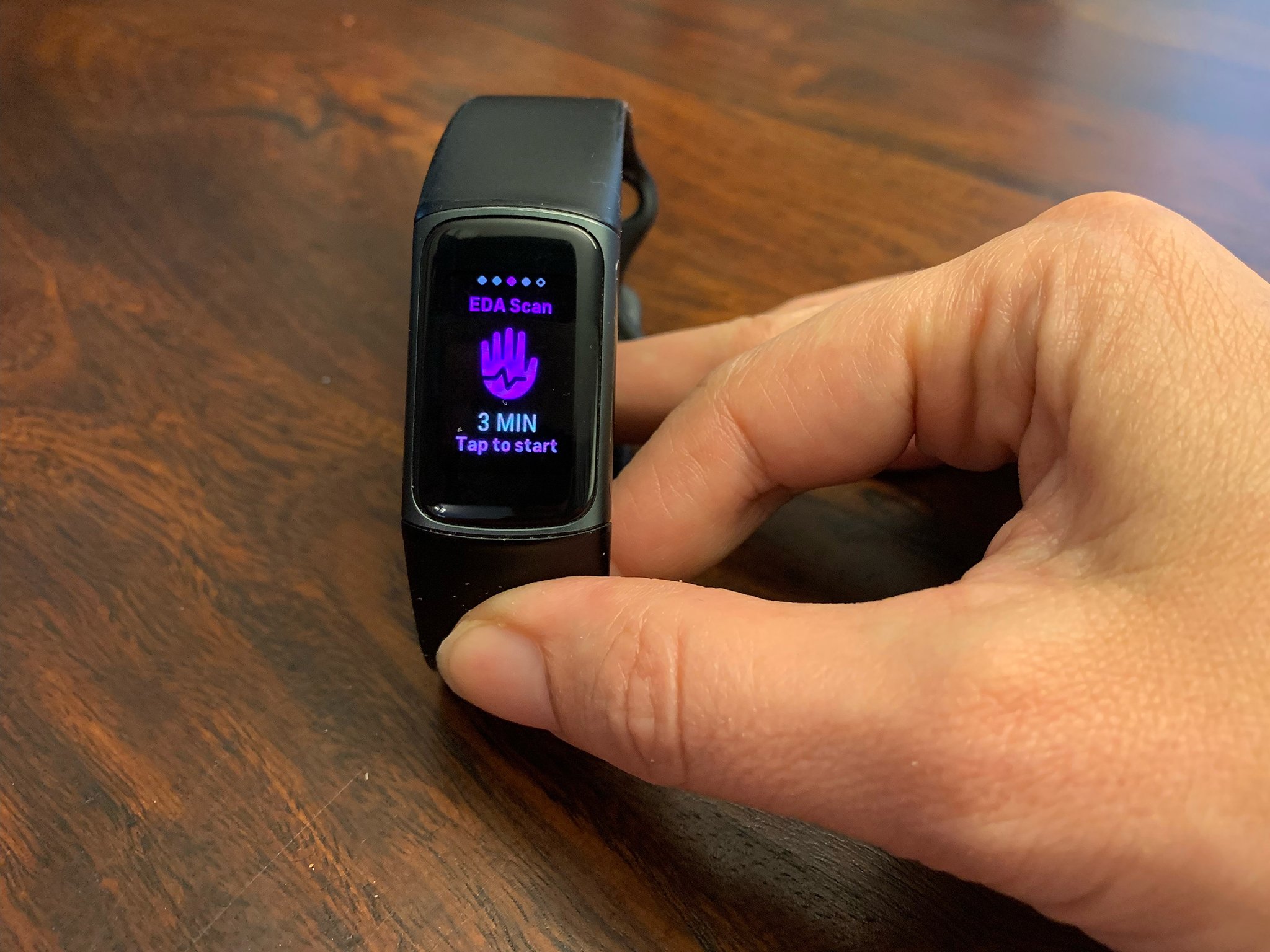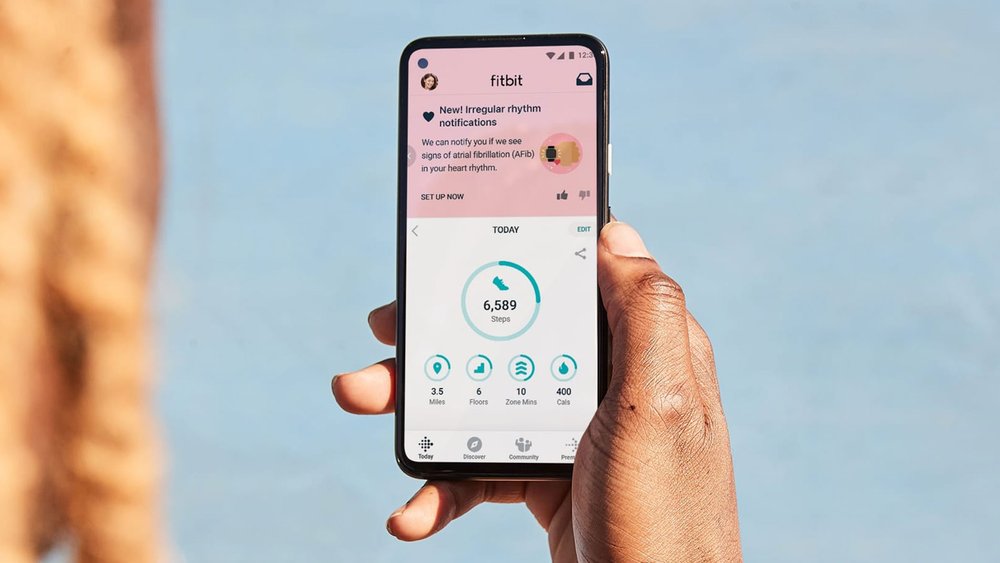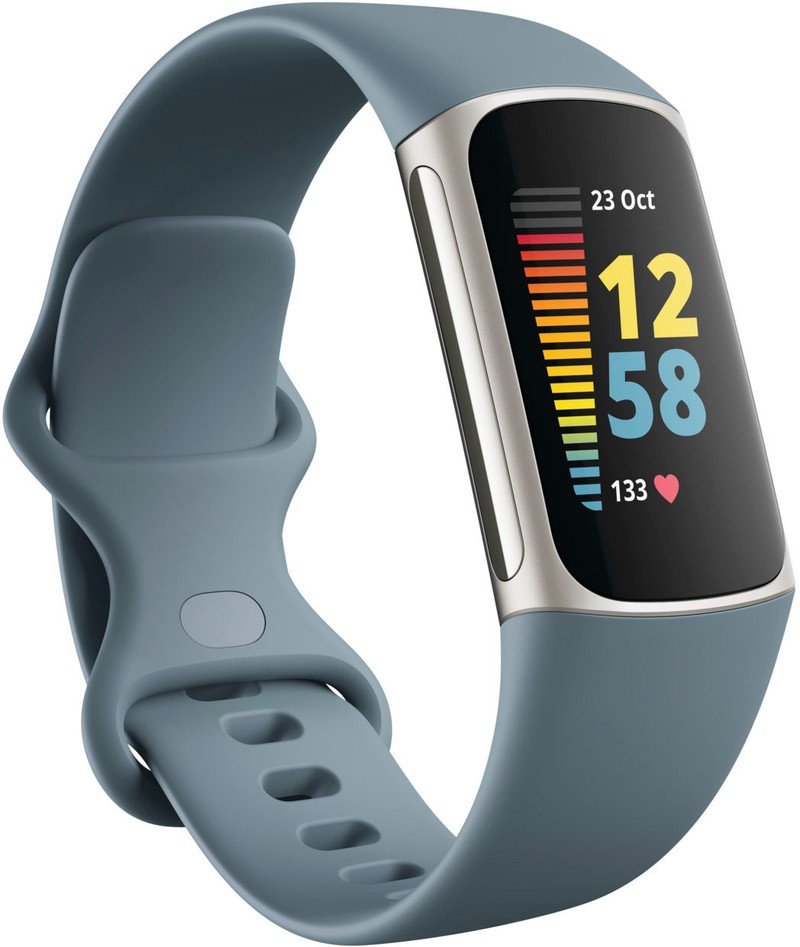Fitbit gains FDA approval for new AFib detection algorithm
Your Fitbit is about to get even better

Get the latest news from Android Central, your trusted companion in the world of Android
You are now subscribed
Your newsletter sign-up was successful
What you need to know
- Fitbit was approved for a proprietary PPG algorithm that will help detect atrial fibrillation (AFib.)
- AFib is a form of irregular heart rhythm and affects more than 30 million people.
- This algorithm was able to detect 98% of AFib episodes according to a recent study.
When comparing the best smartwatches and fitness trackers, one of the biggest things to consider is the health benefits. And while every option tracks your steps and even workouts (in most cases), this can really only go so far. Fitbit and Google are doing what they can to make the Fitbit lineup of wearables more robust in terms of fitness tracking features, as evidenced by the latest blog post.
Google confirms that Fitbit has "received clearance from the U.S. Food and Drug Administration for our new PPG (photoplethysmography) algorithm to identify atrial fibrillation (AFib.)"

This might sound a bit confusing, especially when you consider that some of the best Fitbits already have AFib detection thanks to the integrated ECG sensors. However, this announcement is for a new algorithm that is designed to provide more accurate readings compared to what is currently available.
One of the biggest reasons why this new algorithm is so important is because the current method requires you to hold place your finger on the sensor. But the best way to detect potential episodes is when you're resting or asleep. So with this new algorithm, your Fitbit will soon be able to keep better track of your heart while you're asleep.
Our new PPG AFib algorithm can passively assess your heart rhythm in the background while you’re still or asleep. If there’s anything that might be suggestive of AFib, you’ll be notified through our Irregular Heart Rhythm Notifications feature — allowing you to talk with your healthcare provider or seek further assessment to help prevent a significant medical event, such as stroke.
Way back in 2020, the Fitbit Sense was released, with one of the key features being the ability to detect and track potential AFib conditions. Unfortunately, the feature was not approved by the FDA in time, forcing the company to push back ECG tracking by a couple of months. Since finally releasing the updated ECG app for the likes of the Fitbit Sense and Charge 5, Google and Fitbit have been hard at work developing a new (and better) algorithm.
For the unaware, AFIB is a heart condition that affects more than 30 million people across the globe. And considering how popular Fitbit wearables are, it was extremely important for Google and Fitbit to get the clearance and approval for this latest iteration. According to the blog post, the "Fitbit Heart Study" saw 98% of AFib episodes as "correctly identified."
While we expect this updated algorithm made available to the latest Fitbit wearables, the company stopped short of confirming which models will receive it. Instead, Google states that it "will soon be available to consumers in the U.S. across a range of heart-rate enabled devices."
Get the latest news from Android Central, your trusted companion in the world of Android

More than just tracking steps
The Fitbit Charge 5 is an impressive piece of technology for more reasons than just being a good-looking fitness tracker. This tracker is capable of tracking everything from steps and workouts to your stress levels and pretty much everything in between. Hopefully, it will soon add better AFib tracking to the mix too.

Andrew Myrick is a Senior Editor at Android Central. He enjoys everything to do with technology, including tablets, smartphones, and everything in between. Perhaps his favorite past-time is collecting different headphones, even if they all end up in the same drawer.
